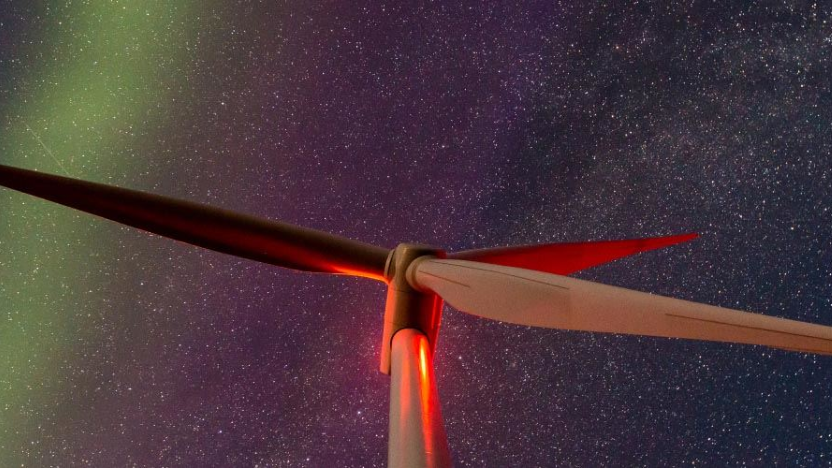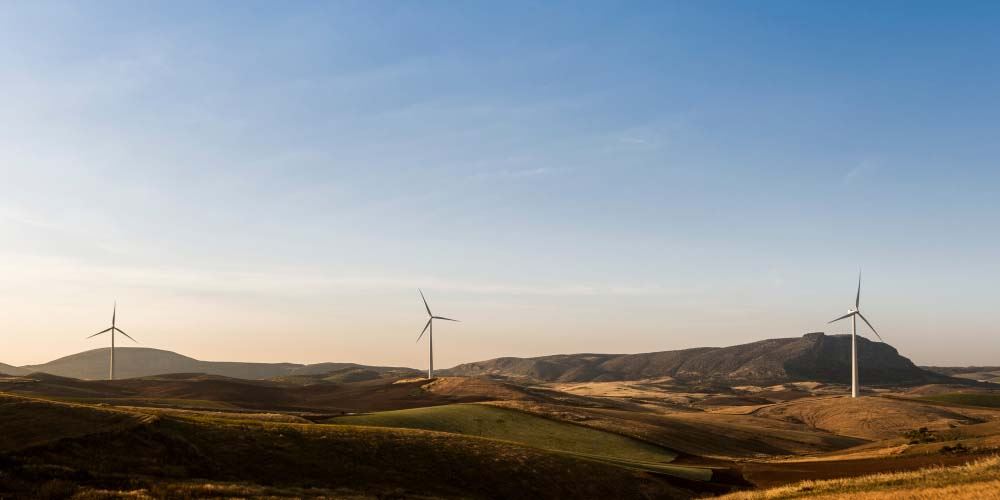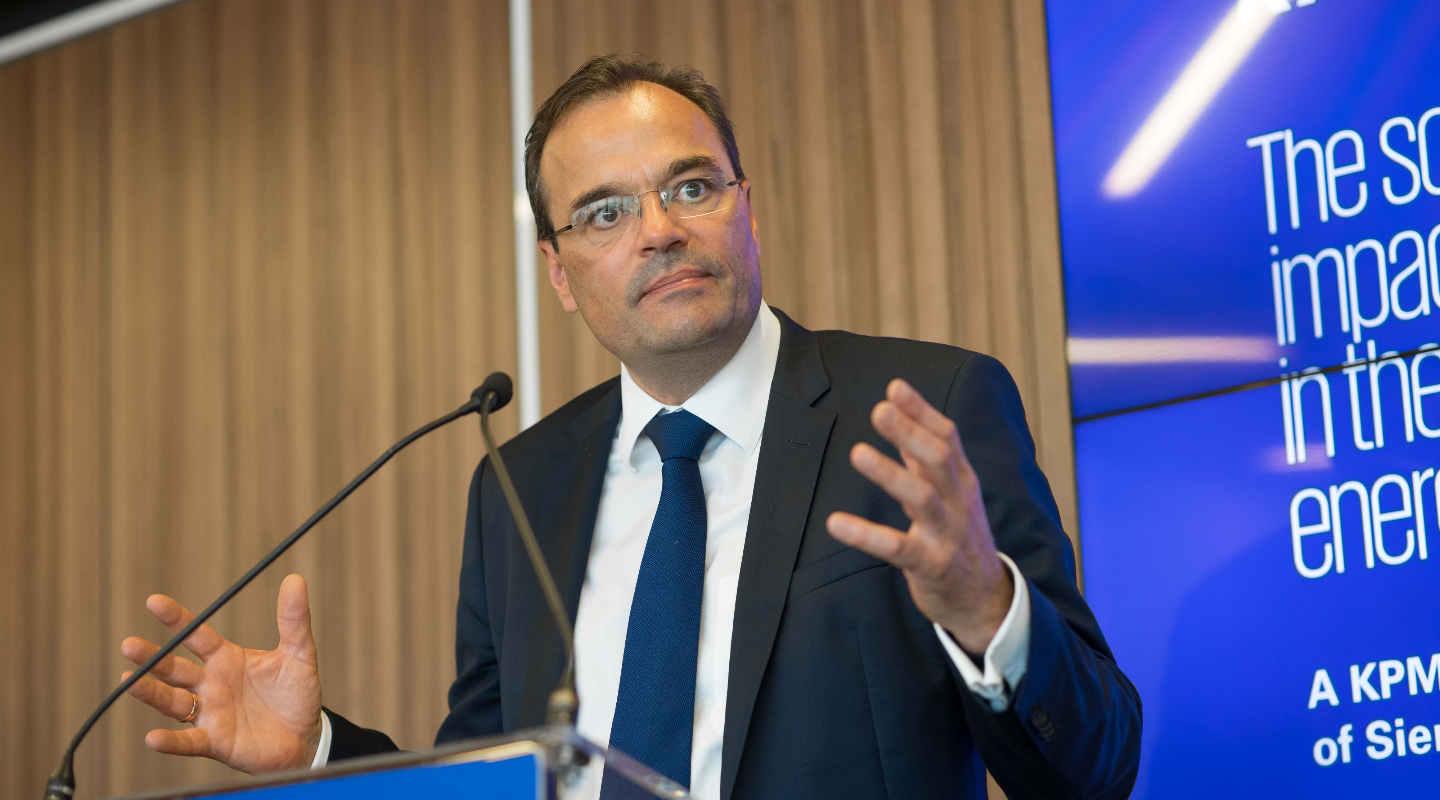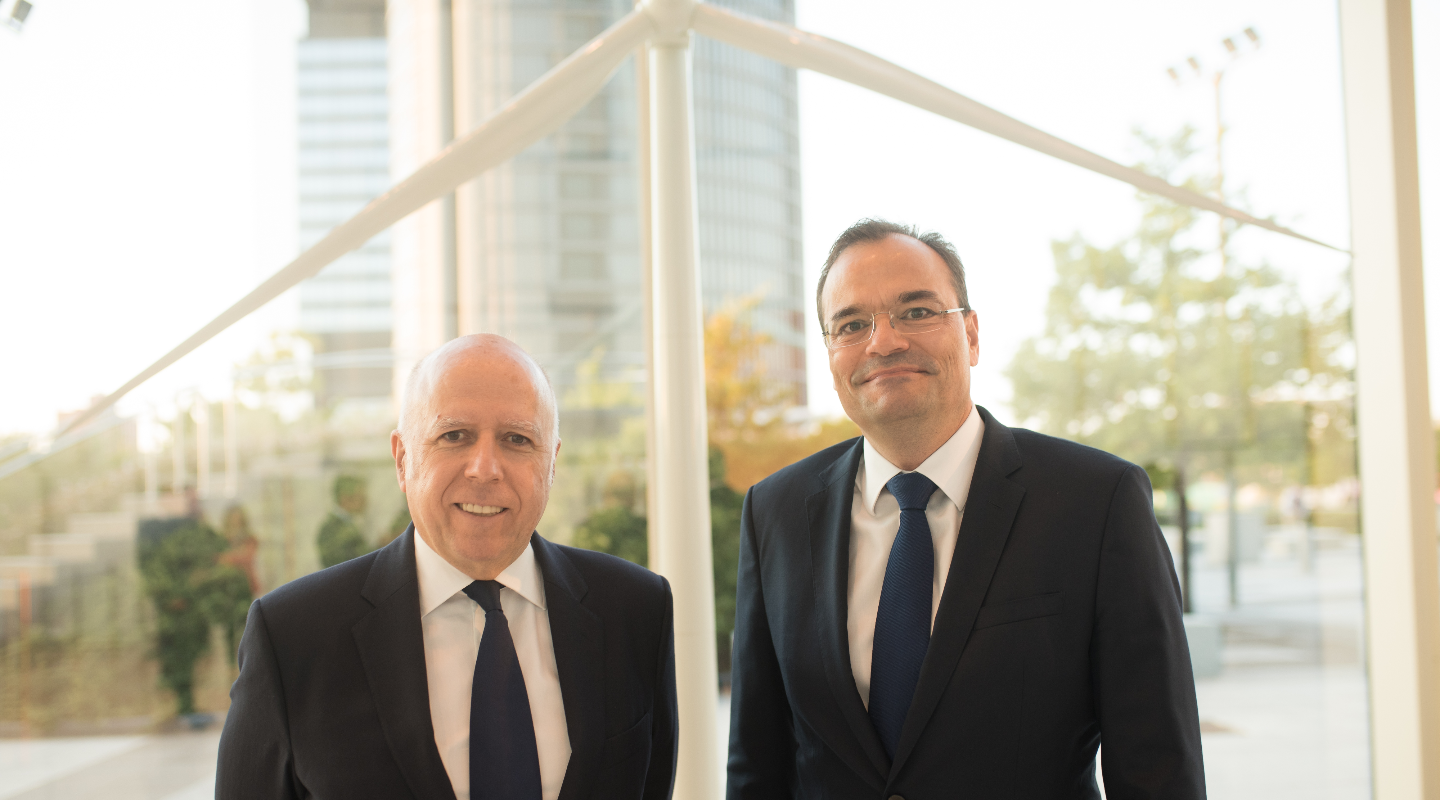
The socioeconomic impacts of wind energy in the context of the energy transition
- Wind energy could represent around 34% of global electric power demand by 2040 (up from 4% today).
- By 2050, the wind industry could employ around 3 million people globally, three times more people than today.
- Wind also creates value at a local economy level, in the form of income generation, while supporting gender equality.
Download the report “The socioeconomic impacts of wind energy in the context of the energy transition”
Full report (EN)Accelerating the uptake of wind energy would slash pollution, save lives and preserve vital water resources, according to a new report from KPMG commissioned by Siemens Gamesa Renewable Energy.
The KPMG wind energy report — The socioeconomic impacts of wind energy in the context of the energy transition — highlighted significant gains for society through the delivery of clean energy. The report found that wind could increase its contribution to global electricity demand nine times by 2040 (to 34%, from 4% at present). Moreover, it could account for 23% of the necessary reduction in carbon emissions by 2050: 5.6 billion tons of CO2, equivalent to the annual emissions of the 80 most polluting cities. This reduction would have real benefits for society, saving up to four million lives a year and reducing health-related costs by up to 3.2 trillion dollars a year.
The new report also identified other key gains from the energy transformation. Water scarcity is becoming a major problem, affecting 40% of the world's population. The report highlights that wind could save 16 billion m3 of water by 2030 (equivalent to around 15% of the water in the Dead Sea).
Other conclusions from the report are that renewables could also be key to improving wellbeing in less developed countries. Around the world, one billion people still do not have access to electricity and 2.7 billion have no access to clean fuels and technologies for cooking. With an ambitious energy transition, universal access to both electricity and clean cooking would be achieved within a decade.
Renewable energy has a major role to play in putting the world on a sustainable path as it will cut emissions, improve air quality, save water, create well paid jobs and save lives.

Wind energy is projected to avoid 5.6 billion tons of CO2 by 2050, equivalent to the yearly emissions of the 80 most polluting cities in the world, home to around 720 million people. This reduced pollution would help to save up to 4 million lives annually by 2030, as one in eight deaths in the world is linked to air pollution.
The report also notes that the reduction of CO2 emissions, due to the increased use of wind energy, would represent savings of $386 billion in costs related to climate change catastrophes, health and rising temperatures by 2050; a figure equivalent to the GDP of Norway.
At the same time, a renewables-based economy would increase wealth for everyone, according to the report, which estimates global GDP would rise by 20 trillion dollars by 2050, equivalent to around $2,500 per person.




